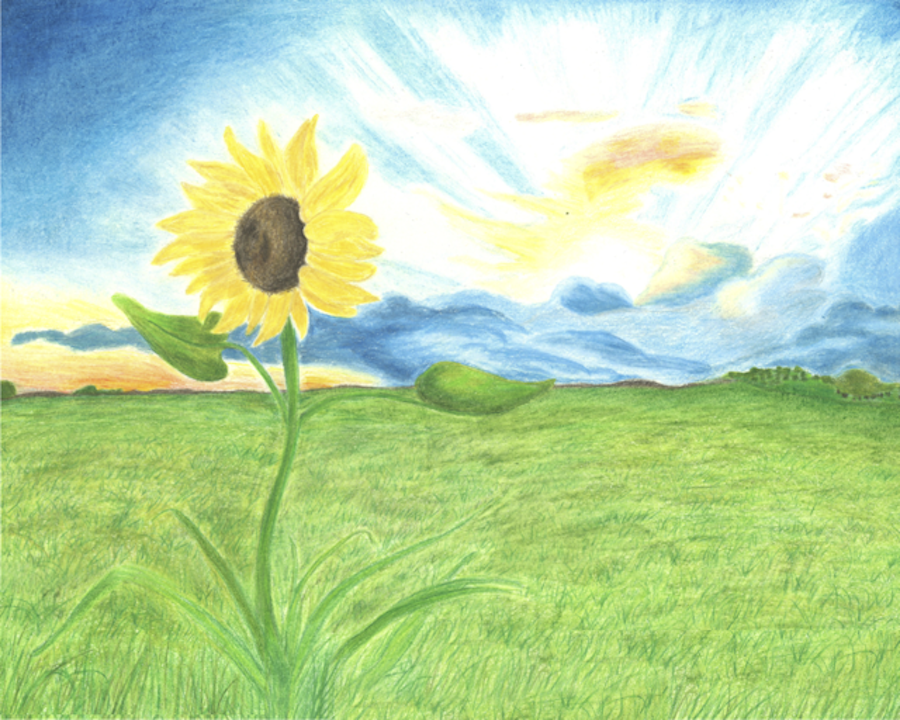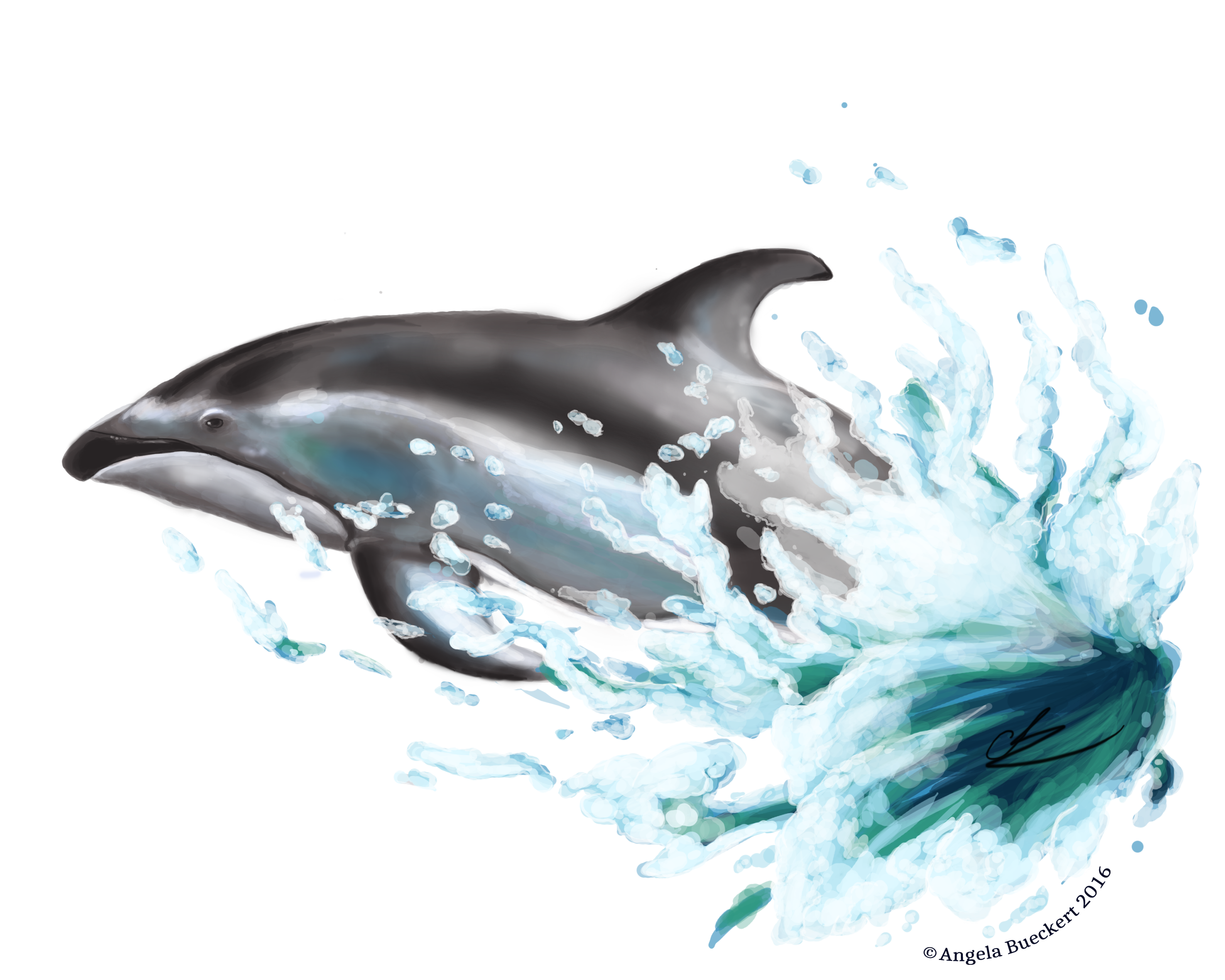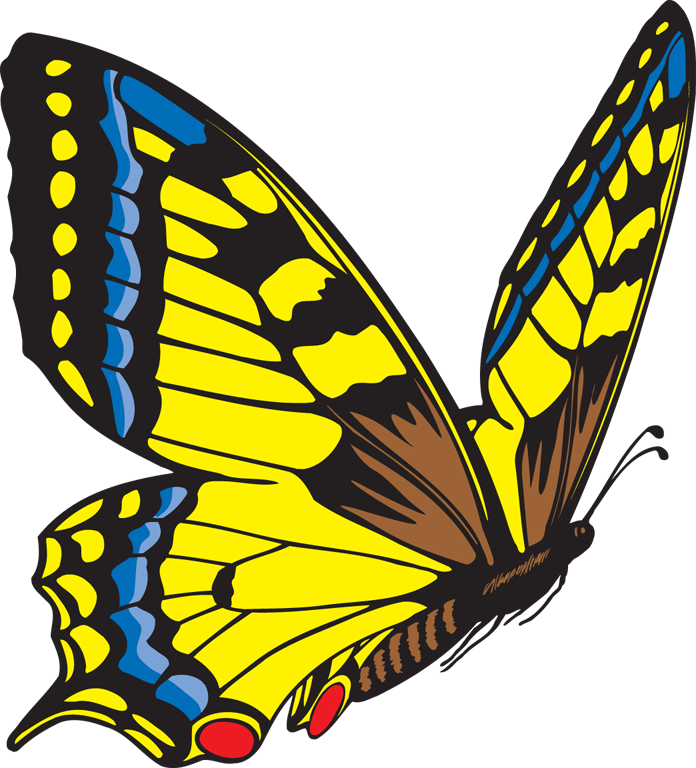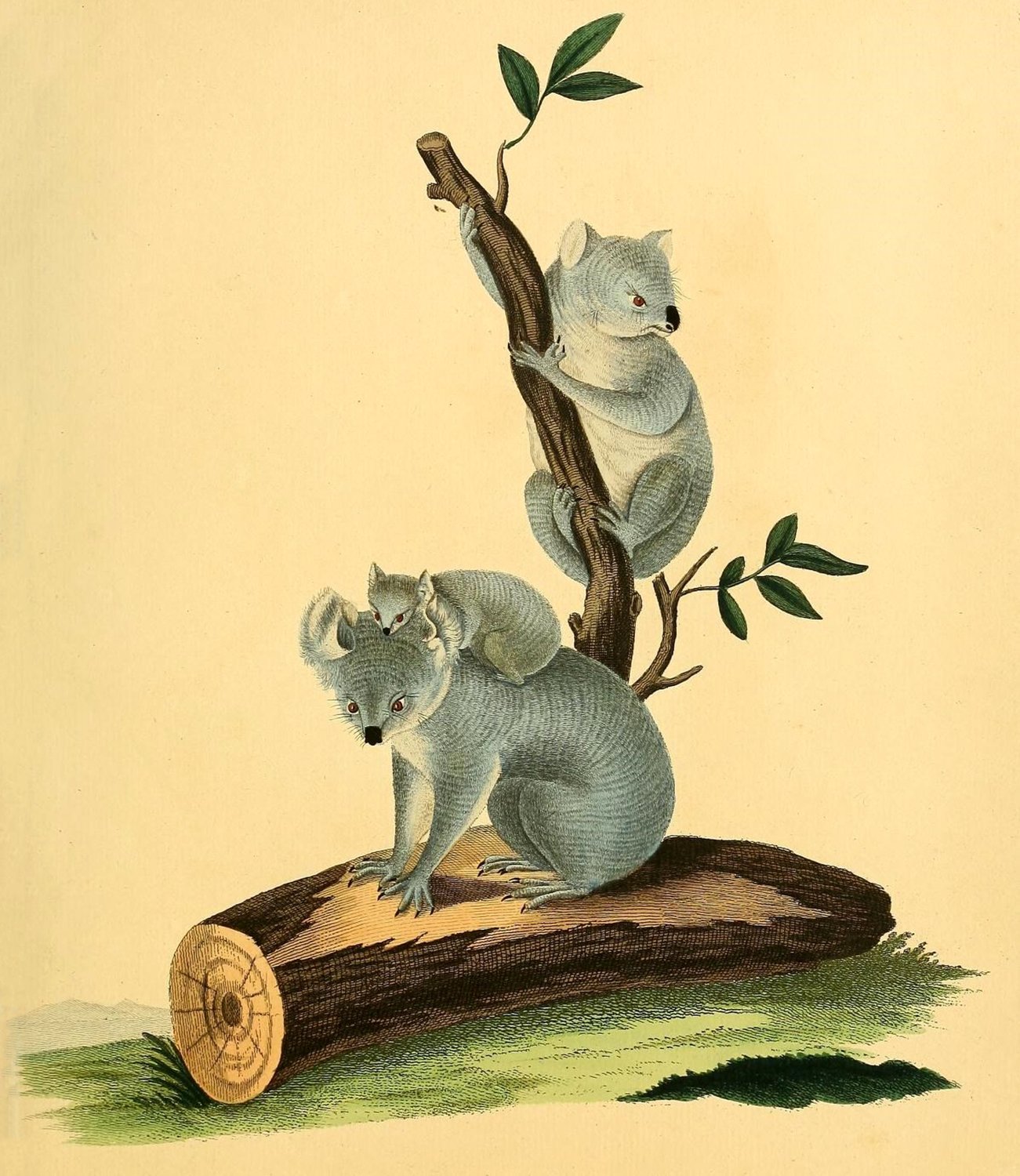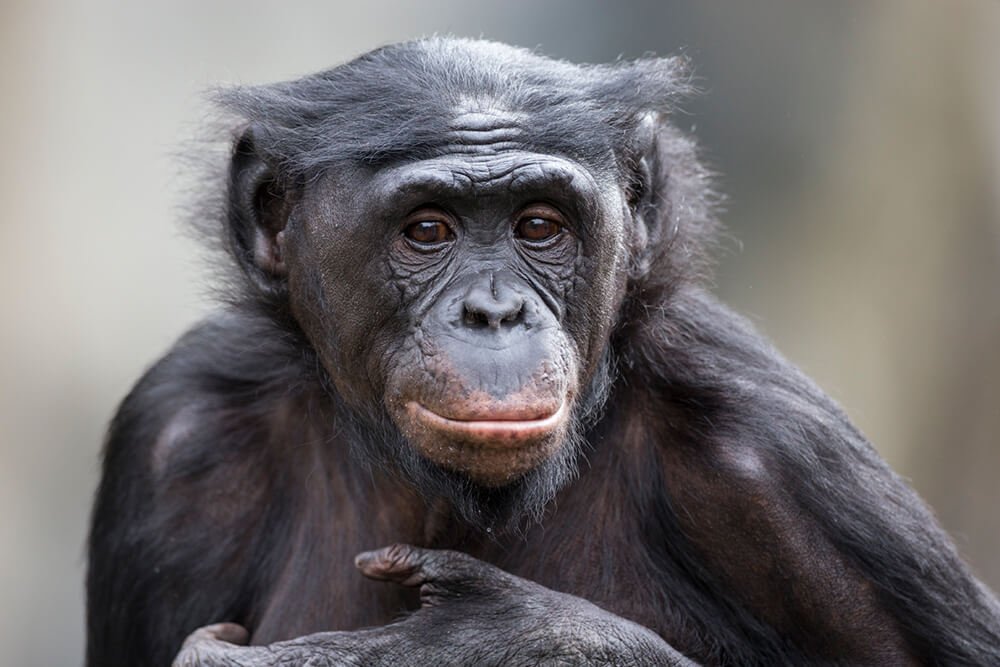Poetic Expressions
Life is a beautiful, interconnected system where everything grows and thrives together.
Nothing in nature is expendable; it all seeks balance and harmony, teaching us to respect all living things.
Today, we face mass extinctions and climate change caused by our own actions.
While we see ourselves as dominant, we must remember we're part of nature's delicate balance too.
Our responsibility is to keep the planet vibrant for all life.

Water.
Clean water is a basic right for all living things.
Increasing awareness of pollution's effects is motivating communities to protect their water sources and advocate for stronger environmental policies.
As climate change drives global efforts, we can develop innovative water management solutions. By collaborating—especially between wealthy nations and vulnerable communities—we can ensure everyone has access to safe water.
Of glowing seas,
Of rains swirling and dashing.
Of (Aquatic Life) getting those funky, goo-stuck-to-my-eyes blues.
From lye, dye, mercury, ink, an occasional kitchen sink, and odd stuff that stinks.
Of lakes and the secrets they keep,
Of waterfalls serenading lovers,
Of rivers pleading: won’t somebody please make these blues go away?
🐠
🦑
🦀
🦞
Air
Clean air is a fundamental right, but many people breathe polluted air that harms their health. Your location shouldn't determine your air quality.
Poor communities suffer most because they can't oppose polluting industries. We need policies for cleaner air now.
Air
Of birds soaring,
Of windmills spinning,
Of coal burning,
Of a child blowing bubbles_ high up high,
Of trees blossoming with fruits
Of a saxophonist serenades.
Of wondrous and sustaining,
Air
Insects are crucial for our ecosystems.
They assist in pollinating plants that are vital for food production for both animals and humans.
Insects like bees, butterflies, and beetles support the growth of fruits and vegetables, making sure we have enough food. They also break down waste, returning nutrients to the soil to help plants grow.
By controlling pest populations and serving as food for other animals, insects maintain the balance of nature. It's important to recognize their role as we work to protect our environment amid a changing climate.
If we crawl on you, as you know, we will. It’s not malice. We either fell from a tree, were trying to navigate to a leaf, or to our home, which you happen to be standing on. Seriously, we’d prefer something green or naturally sweet. (Mosquitoes and some spiders may desire you (ush). However, please refrain from smashing, crushing, grinding, or slapping us. We get into your food, but precautions can prevent that, as we are naturally conditioned for the great outdoors. So, don’t bug out.
Flowers are a colorful and fragrant display, attracting bees and butterflies.
Through the pollination process, they help put food on our tables.
However, in some places, nature is on hold.
Many children grow up surrounded by concrete, with practically no flowers to capture their imagination.
Our political and economic policies must prioritize the integration of flowers in every community.
This is about aesthetics and creating a healthier, more vibrant environment for all.
One handsome butterfly whispered,
"Darling, I need you."
Yet, a charming bee kissed my petal and droned,
"Nature has bestowed you with the fairest of scents."
But the sun beamed,
"You don’t have to choose; love love, them all _ you won’t lose."
Well, the butterfly began to serenade,
"Nectar me, nectar me, oh my dearest."
And then the bee droned even louder,
"Honey, let us pollinate before the sun fades."
But the sun winked,
"If a flower got the tools, nature makes the rules.”
Soil
Healthy soil is Earth's living jacket. However, in concrete jungles, this jacket is often stripped away and replaced by cold, barren landscapes. Environmental equity matters—everyone deserves the opportunity to garden and access healthy food.
🍈
🍇
🍓
🫐
🍒
Dirt, just dirt; oh, that name hurts.
We are Soil
We bring life, please respect us,
When the rain washes away our nutrients.
Help replenish us.
When the sun scorches our skin.
Help to restore us,
We are nature’s cradle.
Protect us.

Trees are superheroes with roots that tell stories of the Earth's health.
However, in underserved communities, these heroes are often missing.
When a tree falls, a champion against pollution and flooding falls.
Trees breathe life into our world.
We must plant trees on every street we can.
I thought your hugs were real.
It felt blissful when you slept on my branch.
But you got hooked on axing—slinging and reckless.
You got hooked on sawing. Swinging and relentless, Crack-crack.
I was your summer shade, flood preventer, oxygen producer, carbon sequestrator, and food provider. Now, bits of me lay strewn upon the forest floor.
You played me the fool. Silly me, I thought your hugs were real.🪵
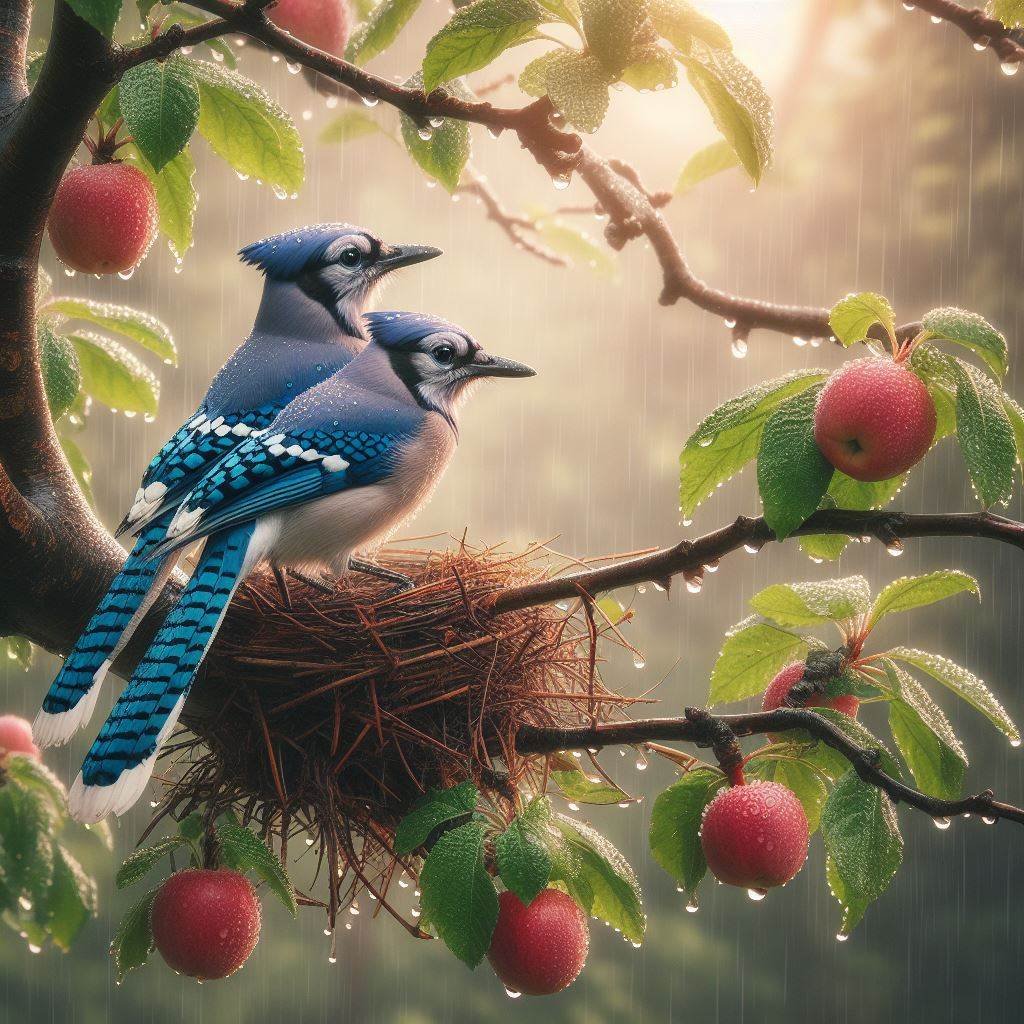
Birds
Birds bring beauty to our world, but city life is hard on them.
They struggle to navigate skyscrapers and bright lights, then face threats like feral cats. Fewer parks and trees mean fewer birds.
We can help by turning off unnecessary lights and planting trees. Helping birds makes our neighborhoods healthier and happier.
Papi and I had a nest with two beautiful babies who joyfully shared their voices with the world.
But woe came a sudden, violent storm.
Like the one that wrecked my cousin’s home.
Now, our nest sits empty, silent, and still.
What shall become of my dear Papi?
And what shall I do with sad-sad me?

Mammals
From tiny mice to enormous elephants, mammals are essential to Earth's ecosystems.
Some pollinate flowers, others like beavers shape the landscape, and polar bears help keep the Arctic clean.
But as humans expand and the climate warms, many animals struggle to find habitats and food. When animals disappear, ecosystems break apart like a broken puzzle.
People living close to nature feel this loss most profoundly.
Mom
_ I must leave to hunt,
Will my little one manage alone on the Arctic's slippery shore?
There will come a time when she can go with me.
But will there come a time when the Arctic stops warming?
Baby
_ Mama has gone
I long for her return.
Someday, I will go out on my own.
But will there come a time when the Arctic stops warming?
My Brother
And I do not eat every animal in the forest.
However, nature’s symbiotic rhythms designed us to hunt.
But, such is not everyone's truth.
There are those whose self-worth is measured by blood spillage.
And so we howl in gratitude when the moon flashes her neon light:
Men on the prowl.
There’s a bounty on our heads.
There’s a bounty on our hides.
They’re destroying habitats,
They’re burning trees.
If you’re living like me, you’re living scared.
Endangered
When future societies study us, they will see how backwards we were about climate change.
They'll find evidence that we knew our actions caused harm but chose not to change. They will understand how selfishly destructive we were and feel fortunate they never lived alongside us. How many extinct species probably wish this?
They’re polluting the water.
They’re poisoning the air.
There’s a bounty on our wings.
There’s a bounty on our meat.
Come tomorrow, I’m most likely dead.
Extinct
Caspian Tiger
They’re polluting the water.
They’re poisoning the air.
There’s a bounty on all wings.
There’s a bounty on all meat.
Come tomorrow, I’m most likely dead.

in process
-
Accessing safe and affordable water has become arduous due to the dominance of powerful corporations over the country's water supply. These corporations have implemented a voucher system to control citizens' access to water, creating concern among social activists like Iona Channel, who participated in water raids against reservoirs. However, her subsequent trial and conviction have sparked a nationwide debate on whether access to water should remain under the control of the powerful or be considered a fundamental human right. To shed more light on the issue, a journalist conducted an enlightening interview with two witnesses holding opposing views, revealing the nation's deep division.
-
The issue of Coltan, a valuable and adaptable mineral, raises a crucial question: should we continue to rely on it or search for alternatives? While it plays a vital role in powering our electronic devices, it has also gained notoriety for its links to violence, greed, and loss of life. This play focuses on two teenage girls, one from a privileged American family shielded from the hardships of the less fortunate, and the other a Congolese girl who works in harsh conditions to mine Coltan and provide for her family. Through their conversations, we witness how Coltan impacts their daily lives and the significance of managing its extraction to prevent further harm.
-
We are excited to introduce you to Nkati: A Flower’s Adventure, a captivating children’s story that explores the pressing issue of climate change through the eyes of a young sunflower.
Overview: This enchanting animated presentation explores the effects of climate change on animals, insects, and nature through the eyes of Nkati, who embarks on a journey to uncover their stories.
Storyline: In her adventure, Nkati encounters fantastical beings, including Wind Bubble, who transports her to various landscapes to meet different animals. Through these encounters, she learns about the devastating consequences of climate change on their lives. Nkati’s mission is to gather this vital information and present it at the U.N., where she will educate humanity about our connection to and responsibility for nature. With her newfound knowledge, she urges people to take action and protect all living beings in an ever-changing climate.
When I wrote "Nkati: A Flower’s Adventure in a Changing Climate," there were certain areas that I did not focus on in a children’s book:
1. Environmental racism
2. The Indigenous leadership in the environmental movement throughout the Americas
3. Climate as the last 'natural frontier' of world society
While these points are broad in scope and are being examined by artists, scholars, academics, and social scientists, I am addressing them in the play adaptation of Nkati and the play Coltan.
This play explores the impact of conflict minerals on the people of the Democratic Republic of Congo (DRC), focusing on women and children, and Iona, a play concerning water rights. The world society must understand that addressing our climate concerns is crucial. Given our increasing climate challenges, other problems will only be solved if we unite around this issue. Water, race, land, and population movements, to name a few. These issues are directly connected to this fundamental truth: we must change our hierarchical approach to our place on this earth.

